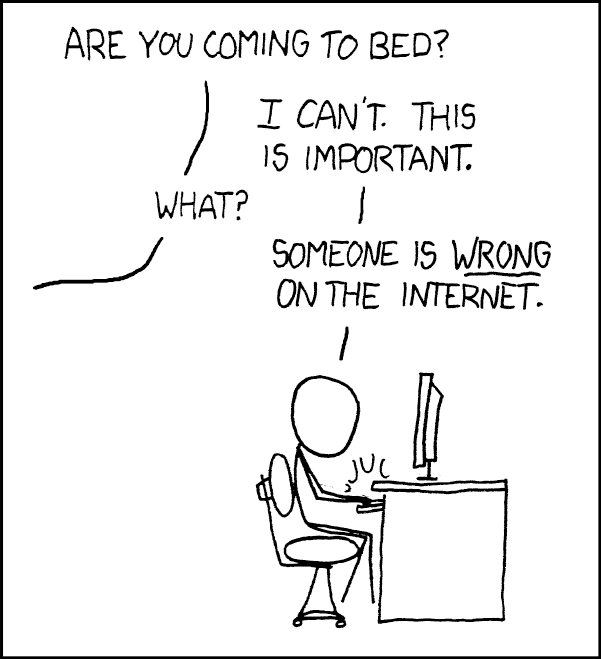Yeah, we're all hypocrites, so let's get past that cop-out and look at some of the issues we're facing and how we, as "outdoorsy" folks, can work together instead of tearing each other down.
I'm proud of my friends for putting themselves out there in this movie. The imagery is mostly snowsports-based, but the message is the same for fly fishers, climbers, hunters, mountain bikers, surfers, or anyone that recreates outdoors.













